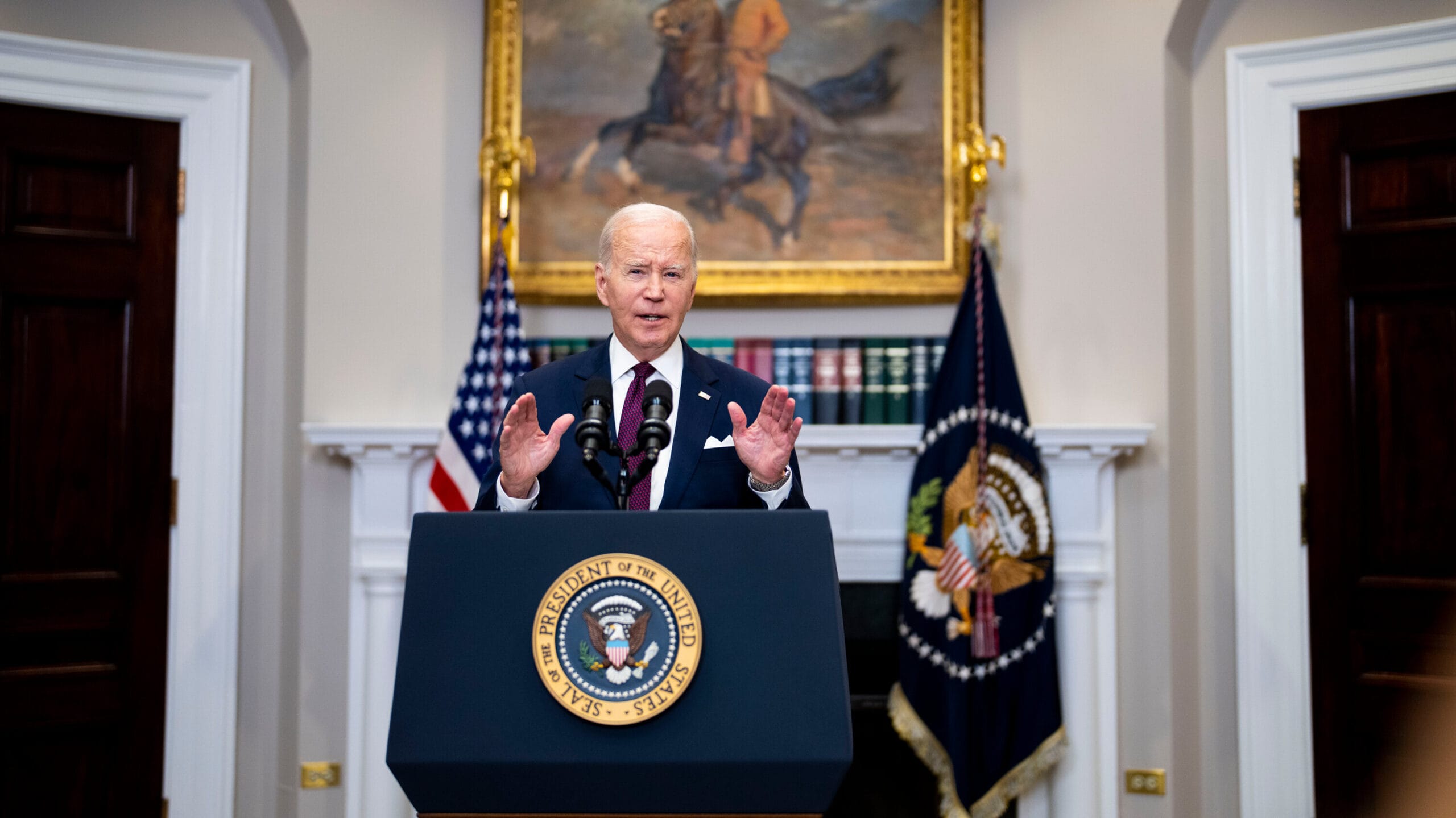In a significant development in the ongoing Israeli-Palestinian conflict, Israeli Prime Minister Benjamin Netanyahu has reportedly indicated a willingness to enter into negotiations for a potential hostage deal. This announcement comes amid escalating tensions and continued violence in the region, particularly following recent events that have seen multiple hostages taken by militant groups.
A US official, who spoke on condition of anonymity, has stated that both sides are nearing an agreement that could facilitate the release of hostages in exchange for certain concessions. While specific details of the negotiations remain undisclosed, the announcement has sparked renewed interest and hope for a diplomatic resolution to the crisis.
The issue of hostages is particularly sensitive in the context of the Israeli-Palestinian conflict. Various militant groups, including Hamas, have been known to take hostages as a bargaining chip in negotiations with the Israeli government. The plight of hostages has garnered international attention, prompting calls for action from various human rights organizations and political leaders.
Netanyahu’s readiness to negotiate signifies a shift in approach, as previous responses to hostage situations have often been met with military action or strict refusal to negotiate. The Prime Minister’s recent comments suggest a recognition of the complexities surrounding hostage situations and the potential for negotiation as a means to secure the safe return of captives.
The current state of affairs in the region is precarious, with ongoing military operations and retaliatory strikes exacerbating tensions. The humanitarian situation in areas affected by the conflict has also drawn significant concern from global communities, with reports of civilian casualties and deteriorating living conditions.
Efforts by various international actors, including the United States, to mediate and facilitate dialogue between the conflicting parties have intensified in recent weeks. The US has traditionally played a pivotal role in Middle Eastern diplomacy, often acting as a mediator in negotiations between Israel and its neighbors. The current administration has reiterated its commitment to supporting efforts aimed at achieving peace and stability in the region.
The prospect of a hostage deal is seen as a critical step toward de-escalating tensions and fostering a dialogue that could lead to a broader peace agreement. Experts note that any successful negotiation regarding hostages could pave the way for further discussions on ceasefires and long-term solutions to the ongoing conflict.
While the path to a hostage deal remains fraught with challenges, the willingness of both sides to engage in talks is an encouraging sign. Observers are closely monitoring the situation, hoping for positive developments that could signal a shift towards a more peaceful resolution of the conflict.
As negotiations progress, the international community continues to advocate for the protection of civilians and the safeguarding of human rights. The treatment of hostages and the conditions under which they are held remain critical issues that require careful consideration in any proposed agreements.
The potential for a hostage deal is not only significant for the families of those being held but also for the broader pursuit of stability in the region. The complexities of the Israeli-Palestinian conflict demand a multifaceted approach that addresses the root causes of violence while prioritizing the safety and well-being of all individuals affected.
As discussions move forward, stakeholders from various sectors, including humanitarian organizations, political leaders, and community representatives, are being called upon to contribute to a dialogue that fosters understanding and cooperation. The hope is that through collective efforts, a solution can be found that honors the rights and dignity of all parties involved.
In conclusion, Netanyahu’s readiness to engage in negotiations for a hostage deal, as reported by a US official, marks a crucial moment in the ongoing Israeli-Palestinian conflict. While many challenges lie ahead, the willingness to negotiate opens the door to potential resolutions that could benefit all parties and contribute to a more peaceful future in the region.

